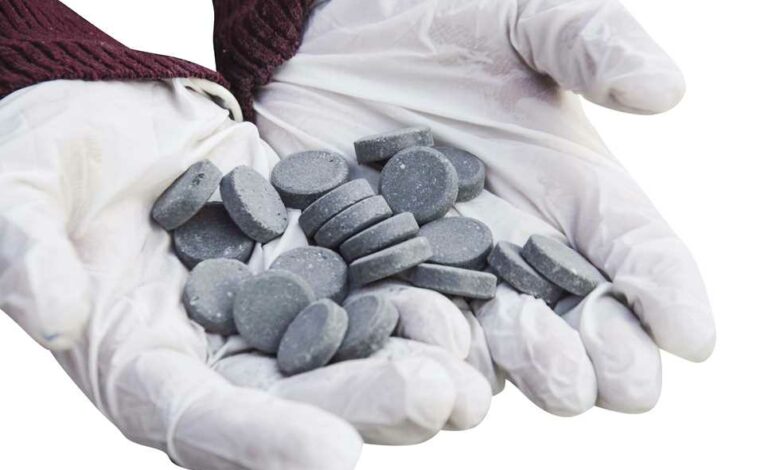
Egypt’s Dar al-Iftaa, the government’s principal Islamic legal institution for issuing fatwas (non-binding religious edicts), said that one of the most prevalent forms of suicide recently, especially in villages, is suicide by swallowing aluminium phosphide tablets – commonly known as “grains tablets” – an insecticide used to protect crops.
Dar al-Iftaa said that wasting the human soul through suicide is one of the major sins (al-Kabair). “And do not kill yourselves [or one another]. Indeed, Allah is to you ever Merciful,” it quoted al-Nisa 29 of the Quran.
Thabit bin ad-Dahhak reported the Prophet as saying: “And if anyone kills himself with something in this world he will be punished with it on the day of resurrection.” Dar al-Iftaa said that this because self-preservation is the goal of the general purposes of the Sharia that Islam came to protect. Islam therefore forbids any harm to befall humanity, be it from another or from one’s self.
Parents must be alerted to deal with suicidal desires as a mental illness that can be treated by specialists, the institute stressed.
The latest victim of these tablets was Basant Khaled, 17, a second-year secondary school student, from a village in Kafr al-Zayat in Gharbiya Governorate. She committed suicide on the first of January after ingesting the tablets following a string of harassment brought on by fabricated photos of her shared online.




